Theresa Smith's Blog, page 37
June 29, 2022
Thinking Out Loud: Mrs Dalloway by Virginia Woolf

Virginia Woolf. Up until last week, unread by me. Now I can say I’ve read her, but am I richer for the experience? I buddy read Mrs Dalloway with a friend, which was a good thing because I might not have persevered without the back and forth chat confirming that my reading experience of Mrs Dalloway was not necessarily a negative reflection on my intelligence. Now, I know the style of stream of consciousness is not to everyone’s liking, but I veered from being utterly captivated to not having any idea what I was even reading. The narrative seemed to me to be mostly a red hot mess with shards of brilliance. I went into this novel fully prepared to emerge as a Virginia Woolf fan, so where did I go wrong? Did I start with the wrong novel? Calling all Virginia Woolf fans to enlighten me and recommend further reading. I am fully open to suggestions.
And on the off chance you agree with me, I’d take that too as a means of validation! Also, any other novels written in the same style that you can recommend? I wouldn’t mind experiencing more stream of consciousness writing as a means of exploring if it’s the style I have issues with or just this novel. I honestly can’t remember if I’ve read anything like it before.
Anyone watched The Hours? Is it worth exploring for context on this novel and Virginia Woolf herself?
June 28, 2022
A Month of Reading: June
A much slower reading month for June. More work and more bustle in life generally tends to crowd the reading out. My total for the month was seven books read. Almost averaged two books a week, which when you put it that way, isn’t so insignificant, particularly taking into account such busy times.

I read another classic this month, Mrs Dalloway. I’ll confess here, I’m not going to be lining up to become a fan girl, but I will acknowledge her cleverness in terms of writing style, I just personally found it a mess to read. Nevertheless, very glad I’ve kept with the momentum of a classic read each month. Still undecided on what I’ll read next month although my Nancy Mitford is waving to me madly from the side table.
Mrs Dalloway also counts towards my 22 in 2022 challenge, so one more down on that.
That leaves six review books read. Not all of these of these have had reviews posted yet. Two aren’t released until later dates and one I just finished this morning. All decent reads that I’d happily recommend.
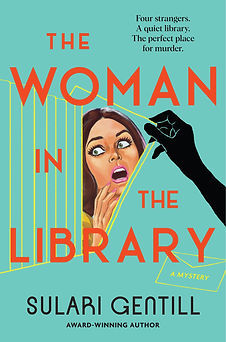

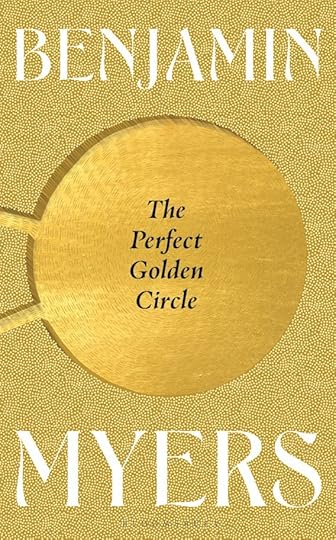
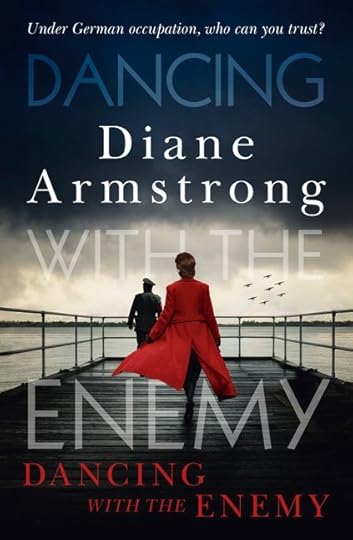
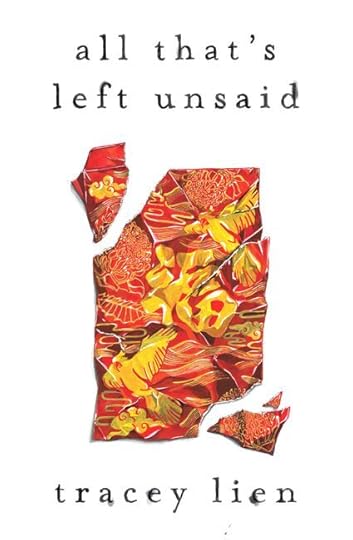
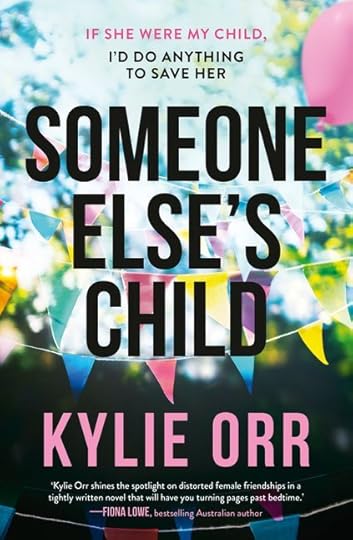
~~~
And that’s a wrap on May. Until next month… 

June 23, 2022
The Week That Was…
When you finally find the perfect dinner set in the colours that match your decor…
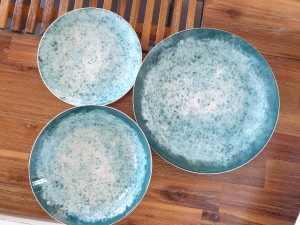
~~~
Book mail! These all arrived on the same day this week!
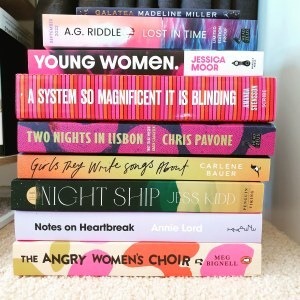
~~~
What Zeus has been up to:
 Musing about how good life is now that he has a bed in every place he needs to go…
Musing about how good life is now that he has a bed in every place he needs to go…~~~
Joke of the week:

~~~
What I’ve been reading:
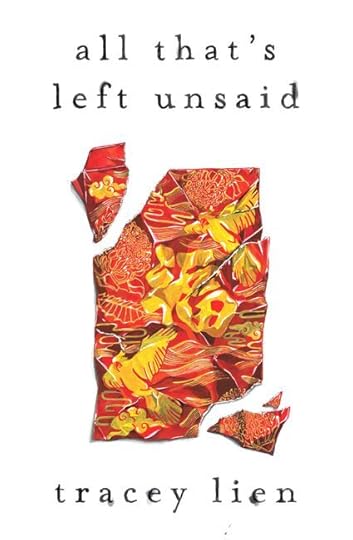

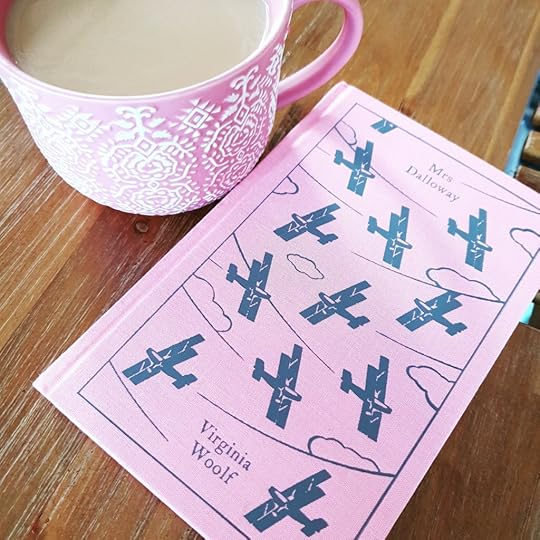
~~~
Until next week…
June 20, 2022
Book Review: Dancing with the Enemy by Diane Armstrong
From the bestselling author of The Collaborator comes a compelling story of betrayal, collusion, revenge, and redemption set in German-occupied Jersey during World War II.
June 1940. ‘It was a perfect June evening that began with hope and ended in despair.’ So begins the journal of Hugh Jackson, a Jersey doctor, whose idyllic world is shattered when Britain abandons the Channel Islands which are invaded by the Germans. Forced to choose between conflicting loyalties, he sends his pregnant wife to England, believing their separation will be brief. It’s a fateful decision that will affect every aspect of his life.
May 1942. Young Tom Gaskell fumes whenever he sees the hated swastika flying from Fort Regent. Humiliated by Jersey’s surrender and ashamed of his mother’s fraternisation with the occupiers, Tom forms an audacious plan, not suspecting that it will result in guilt and tragedy.
April 2019. Sydney doctor Xanthe Maxwell, traumatised by the suicide of her colleague and burnt out by the relentless pressure of her hospital work, travels to St Helier so she can figure out what to do with her life. But when she finds Hugh Jackson’s World War II journal, she is plunged into a violent world of oppression and collusion, but also of passion and resistance. As she reads, she is mystified by her growing sense of connection to the past. Her deepening relationship with academic Daniel Miller helps her understand Jersey’s wartime past and determine her own future.
By the time this novel reaches its moving climax, the connection between Tom, Xanthe and Hugh Jackson has been revealed in a way none of them could possibly have imagined.
Published by HarperCollins Publishers Australia – HQ Fiction AU
Released 4th May 2022
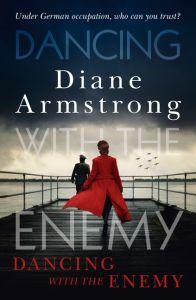 My Thoughts:
My Thoughts:Historical fiction set across the years of World War II has almost become a sub-genre in recent years. I’ve read a lot of it but, over the last two years, I’ve slowed down on my consumption and I’m at the point now where I’ll only read a WWII novel if it has something new to say about the history. I have no interest in revisiting the same stories over and over and I have a particular dislike of war being romanticised, so I do select my titles with care. I had come across glowing reviews of Diane Armstrong’s previous novel, The Collaborator, so I felt compelled to read this latest release, Dancing with the Enemy. I’m so glad I did. It was brilliant. A solid five stars from me, and for a novel that is near on five hundred pages long, I sped through it in only three days, no mean feat with the hours I’ve been working of late.
‘…war brings out the best and the worst in us, and it’s a pity that some people allow the worst to triumph.’
I’ve only read two novels about the occupation of the Channel Islands during WWII, one set in Guernsey (you know which one!) and one set in Jersey, both exceptionally good. So, for me, this was still new history, an aspect of WWII that I wanted to know more about. I’m so impressed with this novel. It shines in all areas: writing, character, story, historical scope, pacing, and that extra something that equates to ‘all the feels’.
‘…wondered if he was an evil man with a spark of conscience, or a good person who had made a pact with the devil in order to survive.’
The story unwinds from three perspectives: Dr. Hugh Jackson, whose perspective is conveyed via a war journal; Tom Gaskell, a young teenager caught between anger at his mother’s collaboration with the Germans and the ease with which they were able to occupy his homeland, both factors converging to lead him onto a pathway of resistance; and Xanthe, a burnt out young Australian doctor who is at a crossroads within her own life and travels to Jersey for an extended holiday, which ends up with her deep diving into Jersey’s wartime history. Each perspective offered a compelling and interlinked narrative, and I enjoyed each character equally. I particularly liked how they were linked, which becomes apparent further into the novel with an interesting reveal.
‘What I can’t understand, is how morons these days can deny the Holocaust when the Germans themselves, even the Commandant of Auschwitz, left such detailed records of their crimes.’
Dancing with the Enemy is a novel that is vast in scope and tells its history with empathy and intelligence. I really enjoyed it and admire this author immensely. I’ll definitely be reading more from her in the future. Highly recommended.
Thanks to the publisher for the review copy.
June 16, 2022
The Week That Was…
Trying to squeeze as much of this in as I can between busy work days.

~~~
Joke of the week:
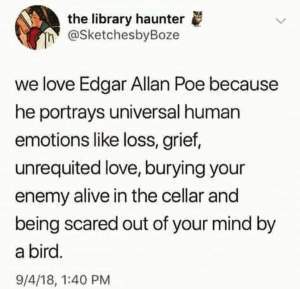
~~~
What Zeus has been up to:
 Thou shalt not eat without me…
Thou shalt not eat without me…~~~
What I’ve been watching:
Finished the latest season of British Bake Off and now moving onto the latest season of Australian Bake Off. There is no greater viewing joy…

~~~
Exciting additions to my bookshelves:
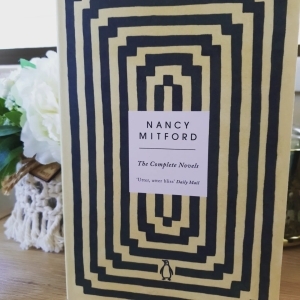 Nancy Mitford has landed!
Nancy Mitford has landed! 
~~~
What I’ve been reading:
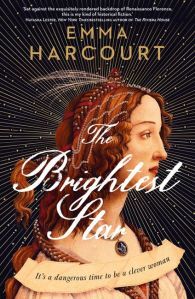
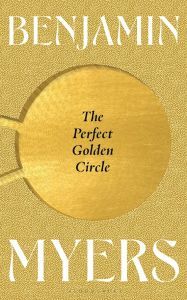

~~~
Until next week… 

June 12, 2022
Book Review: The Perfect Golden Circle by Benjamin Myers
Set in rural England, 1989, The Perfect Golden Circle tells the story of two men who set out over the course of a summer to form elaborate crop circle patterns in the wheat fields under the cover of darkness. As their circles become increasingly intricate, their work gathers an international cult like following, pushing them to further their designs beyond anything ever seen before. Calvert is a Falklands veteran, suffering post traumatic stress, whilst Redbone is a free-wheeling traveller of sorts, a musician who has wandered Europe with various small-time bands, living a life of protest and substance enhanced contemplation. Two vastly different men, the most unlikely of friendships.
This is the second novel by Benjamin Myers that I have read, Beastings being the first. The Perfect Golden Circle couldn’t be more different to Beastings, which was far darker and written in a completely different style. Yet, the beauty of Benjamin’s writing persists across both novels. I really do need to read more of his work, I love the way he writes. Take this, for example, which is about an eclipse:
‘A dark crescent spreads like a silent malevolent force across the mottled greys and whites of the sullen moon’s countenance, its surface a curious patina. Redbone and Calvert stop what they are doing and stare upwards until their necks ache, not daring to drag their eyes away from the empyrean display. The blank clock-like face fades from view as the black shutter of the earth’s shadow covers it to create a total lunar eclipse, and for a few seconds it feels as if the darkness will be unending and absolute. Momentarily the land is an undeveloped photograph and time is rendered meaningless, and both Redbone and Calvert are aware that they are part of a long lineage of men and women who have stood in these very fields in rapt astonishment for thousands of years, infatuated and intrigued by the magic of the sky at night, and feeling the smallness of their lives and the preciousness of their planetary home.’
Themes of British colonisation weigh heavily throughout the narrative, informed mostly by Calvert’s experiences of fighting in the Falklands war. I found this interesting within a contemporary novel, the exploration of colonialism, that is. Hand in hand with this is Calvert’s feelings against war and his disdain for the British aristocracy. Woven together, it makes for a powerful sentiment encapsulated within a poetically beautiful novel about fighting trauma and power in the most imaginative of ways.
‘It means that, once, we looked to the horizon, and we wondered what lay beyond, and then set out for it. We colonised and plundered, and then when innocent people had been slaughtered and their resources accrued, we returned with riches. Then we turned inwards to slowly fester and moil in our bitterness for a century or two, fearful that someone would one day do the same to us. Believe me, I know because I’ve been a part of it, but never again. Never again. The sea is a border, a boundary, and living on an island like this makes us think we’re something special. But we’re not. We’re just scared, that’s all. We’re scared of the world. And that breeds arrogance and ignorance, and ignorance signals the death of decency.’
Here, Calvert is talking to Redbone about what an island mentality is within the context of British colonialism. His bitterness, as an SAS fighter within the British military is evident. What he gains from creating crop circles with Redbone in the dead of the night becomes more apparent as the novel progresses. It is a form of therapy for him, something to focus his traumatic mind upon, a way of setting that aside for this.
I felt an overwhelming sense of much of this novel being an ode to the environment and the ecosystem, climate change a looming threat throughout the heat wave of the English summer of 1989 that is the backdrop to this story. Indeed, Redbone and Calvert speak of theories of melting icecaps and a future planet that is too hot to inhabit. Back then, our naivety is striking to revisit. There are some utterly beguiling passages about nature and the connectivity of all living things. I sensed Benjamin’s passion for this, over and over.
‘All living things are connected between seed and sod, and sod and sky, and when one component in the chain of production is altered, ailing or inefficient the entire ecosystem suffers. It is not enough to just produce oilseed rape, even in surplus, and the wheat fields whisper their desperate thirst. The barley meadows dream of better days. Lethargic cows swat at flies that gather at the saline pools of their eyes with whiplike tails, and tick-stricken sheep seek the corners where hedgerows cast short shadows, masticating with urgency. And the worms lie slow-squirming into expiration beneath the noonday sun.’
And what of the crop circles? For Calvert and Redbone, it is their true purpose. The circles themselves part of something more, something hopeful within a warring and dying world.
‘People just want to believe in something bigger than all this. Something beyond. It takes them away from the mundane details of their tiny lives. You can’t blame them.’
No, indeed, you can’t. The Perfect Golden Circle is sublime, it reels you in and caresses you with its poetically beautiful prose. Highly recommended for fans of literary fiction and eco-literature. I thought it was divine.
‘Calvert looks at him. He looks at him until it feels like the crops have withered, the seas have risen and the sun has burned itself out to an ashen cinder. He shakes his head. “I do wonder about you sometimes.”’

Thanks to the publisher for the review copy
Published by Bloomsbury Australia
Released 31st May 2022
June 7, 2022
Book Review: The Woman in the Library by Sulari Gentill
‘And then there is a scream. Ragged and terrified. A beat of silence even after it stops, until we all seem to realise that the Reading Room Rules no longer apply.’
Hannah Tigone, bestselling Australian crime author, is crafting a new novel that begins in the Boston Public Library: four strangers; Winifred, Cain, Marigold and Whit are sitting at the same table when a bloodcurdling scream breaks the silence. A woman has been murdered. They are all suspects, and, as it turns out, each character has their own secrets and motivations – and one of them is a murderer.
While crafting this new thriller, Hannah shares each chapter with her biggest fan and aspirational novelist, Leo. But Leo seems to know a lot about violence, motive, and how exactly to kill someone. Perhaps he is not all that he seems…
The Woman in the Library is an unexpectedly twisty literary adventure that examines the complicated nature of friendship – and shows that words can be the most treacherous weapons of all.
Published by Ultimo Press
Released June 2022
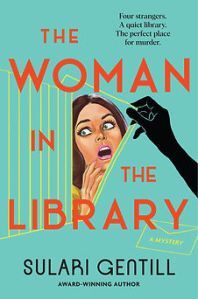 My Thoughts:
My Thoughts:My review copy of The Woman in the Library contained a guessing game from the publicist, whereby at a certain point in the novel, I was to pause, have an educated guess based on the story as far as to who I thought the guilty party was. I was provided with a picture card for each of the four main characters and an envelope to put my card (which was my guess) into. I guessed wrong, which is not unusual for me as I am notoriously bad at guessing ‘whodunit’ in any crime situation. Lucky, I didn’t become a detective! I did, however, enjoy this novel immensely, and I also enjoyed this added guessing game bonus provided to me through my copy, so thanks again to Ultimo Press for their efforts.
This is my first novel by Sulari Gentill, despite her lengthy backlist. I’ll primarily attribute this to not being a reader of series much and she is of course the author of the extraordinarily successful Rowland Sinclair WWII Mystery series. Anyway, this was my first experience of her writing, and I was solidly impressed. The Woman in the Library is stunningly clever in its structure and execution, and it’s this that I’ll talk about more than the actual murder mystery itself.
The Woman in the Library is a book within a book style of a novel. Hannah Tigone is writing a crime mystery and is sharing each chapter with her biggest fan, who is also beta reading for her and offering, initially, much needed input, as Hannah is an Australian author writing from a pandemic locked down Australia and her novel is set in Boston, America. What we are reading, as the novel, is actually the novel that Hannah is writing. Hannah herself doesn’t appear within the novel except for at the end of each chapter, and even then, it’s only in the emails addressed to her, written by Leo, superfan/beta reader. Later in the novel, there are a couple of other forms of correspondence addressed to Hannah that we become privy to, but we never read anything from Hannah herself, apart from her novel chapters, which, as we go along, say quite a lot if you read between the lines of the emails being sent to her by Leo, particularly as we become more and more aware that all is not what is seems with him. The tone of his emails takes a dark and frankly weird turn as the novel progresses. I would have been petrified to open my inbox each day if I were Hannah and someone like him was emailing me.
I hope this doesn’t make the novel appear confusing because it really isn’t. It’s clever and absorbing, and I love it when an author does something innovative with their narrative like this. Sulari has been able to address many things by writing her novel in this way: the pandemic, without making it a pandemic novel; race issues within the US, which as we can all recall exploded at the same time as the world being in a pandemic lockdown, but again, she addresses these issues without making it a novel about race. And alongside this, the novel offers an exploration of friendships: how we make them, how we keep them, and who we rely on when things get stretched thin. There’s a lot in here about shared experiences and friendships that are forged from them. I also loved all the writerly parts, the bits about muses and inspiration and needing another writer to springboard off as well as plotting styles and what not. Really, there was so much to like about this novel, and none of this even relates to the actual murder mystery that the plot of Hannah’s novel revolves around, which fundamentally drives the narrative.
Fans of Sulari Gentill will no doubt be thrilled with this new novel, but those who have never read her before, like me, should be equally as thrilled to discover such an amazing literary talent. This is also a novel that is suitable for any sort of reader, so it would make a brilliant gift and an excellent book club pick. Highly recommended.
Thanks to the publisher for the review copy.
June 5, 2022
Book Review: Bone Memories by Sally Piper
Even though sixteen years have passed, Billie will never recover from the murder of her daughter, Jess, and clings to her memory — and the site of her death — like a life raft. Daniel, who was a toddler when his mother was killed, can recall little of what happened but knows if he’s to have any chance of a better future he needs to move on from that defining event – if only his grandmother would let him. Meanwhile Daniel’s stepmother, Carla, also feels trapped by Jess’s legacy but has a plan that she believes will help everyone to escape from the long shadow of the past.
Deeply human, evocative and beautifully written, Bone Memories explores themes of human connection and the memorialisation of place.
Published by UQP
Released 31st May 2022
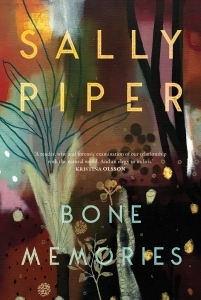 My Thoughts:
My Thoughts:This was a novel that spoke to me on a very deep level. The lines of trauma and grief intersecting within the story and laying down roots into the ground upon which the family lived, tying them to a place that was both shrine and millstone. Told from three perspectives, Sally Piper comprehensively explores the passage of grief, with a particular focus upon time and place. How long should we grieve for? Should there even be a time limit? What if our grief begins to harm those around us? Can anyone really tell another person that it’s time to let go? How much should we emotionally invest in a place where a person has died? I loved how she explored all these questions through the themes of the novel and gave each differing perspective empathetic weight.
We have Daniel, who lost his mother when he was a toddler, a witness to a murder he cannot remember:
‘People claimed they abhorred violence but then had a perverse fascination with it. Imagine is a word he’d heard used around him a lot. Imagine the mother, the boy, the fear, his dreams, the killer still out there. The flashbacks. The memories. (If only there were more.) Strangers inserting themselves into the script of his life from the comfort of a lounge chair or over a coffee or beer. But no matter how wild or colourful their imaginations, no matter how vivid or gory the details they conjured, they didn’t have a clue. Only those whose lives had been touched by violence understood the shame and guilt and mistrust. And the periods of blind fucking rage.’
Billie, a mother who understandably cannot let it go, her daughter’s murder still unsolved sixteen years on:
‘She was victim and survivor. The one left behind. Her trauma rippled out from the origins of that one event – that man, that knife, his intent – just as seismic waves rippled from deep within Earth, sometimes undetected but always exerting a force, realigning lives and making people do and say things they might not otherwise. Billie felt the tremor of her trauma most days. Sometimes so strongly that it nearly knocked her off her feet. At other times it was a subtle as a breath.’
And Carla, the woman who is now living in Jess’s house, married to her husband and stepmother to her son:
‘The circumstances of Jess’s death meant she was above criticism. Could do no wrong in the eyes of those she’d left behind. Any arguments she might have caused, any harsh words she might have said, any act of unkindness no matter how large, were all forgiven and forgotten long ago. Meanwhile, Carla had to turn up every day and be as good as, if not better than, a dead woman. That was what she hated, not Jess: the sometimes fraudulent nature of her own existence. Because she wasn’t always good or kind. Not in thought or action.’
Other themes explored deal with women as victims and how they are represented by the media, an issue that is ongoing and problematic:
‘At least there was no blame directed at Jess in these reports. Not the way it was for some murdered girls, for the young sex worker, Susannah, whose life had been reduced to an occupation. Her daughter might have been killed in a park, but it was in broad daylight, a mother and her child – sacrosanct. Wearing a too-big pink t-shirt over floral yoga pants. Not asking for anything. Billie wondered if this contributed to the national outpouring of grief? That there were certain standards, a kind of hierarchy, to take into consideration for the murdered. If so, Jess was at the top of it. The blameless victim.’
Bone Memories was for me, a magnificent novel. I felt so much whilst reading it and the story has lingered within me even more than a week on from finishing. The ending had a haunting inevitability to it that seemed as though it could not have played out any other way. I have so much love for this novel and respect for Sally Piper for digging in deep into the corners of grief, shaking it out, and giving us much to contemplate.
Thanks to the publisher for the review copy.
June 2, 2022
The Week That Was…
Winter is here and so is the cold and flu season. Too many people around me have been hit with one bug or another. I’m holding fast and so far, so good. Fingers crossed I can make it through uninfected!
~~~
What Zeus has been up to:
Once again, it’s a dog life, as in, he’s up to nothing but relaxing 24/7 and having every need attended to. But when you’re this adorable, it’s to be expected, I suppose. At least he gives warm hugs!

~~~
Joke of the week:
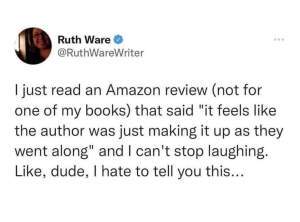
~~~
What I’ve been watching:
A couple of new ones on Binge…
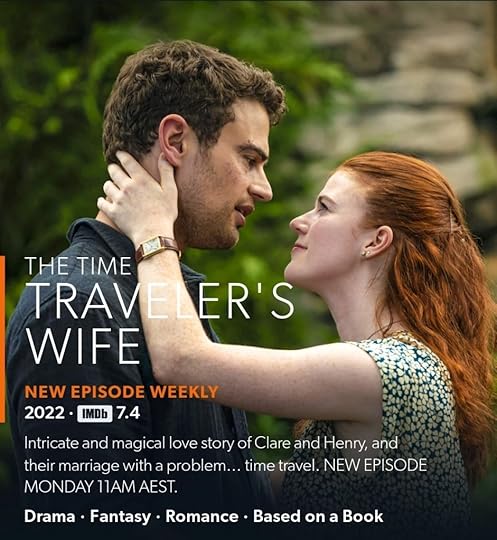

~~~
What I’ve been reading:
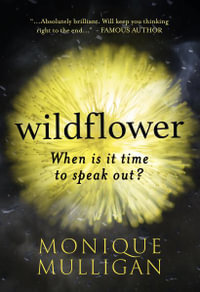
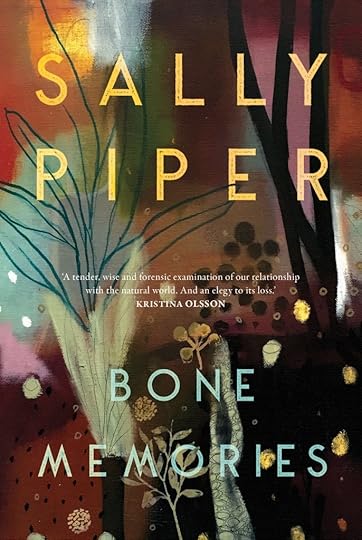
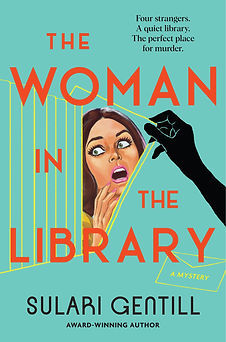
~~~
Until next week…
May 31, 2022
Book Review: The Pursuit of Love by Nancy Mitford
Longing for love, obsessed with weddings and let’s not even mention the mysteries of sex, Linda, her sisters and cousin Fanny are on the hunt for the ideal lover. But finding the perfect match is much harder than any of them had ever dreamed.
Linda is first courted by a stuffy Tory MP and then becomes embroiled with a handsome but humourless communist, before she risks everything on a chance at real, head-over-heels love in war-torn Paris…
The Pursuit of Love is one of the funniest and sharpest novels about love and growing up ever written.
Published by Penguin Random House UK
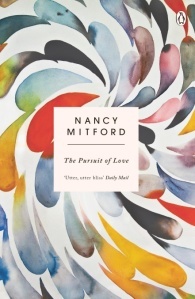 My Thoughts:
My Thoughts:“So we worked hard, mending and making and washing, doing any chores for Nanny rather than actually look after the children ourselves. I have seen too many children brought up without Nannies to think this at all desirable. In Oxford, the wives of progressive dons did it often as a matter of principle; they would gradually become morons themselves, while the children looked like slum children and behaved like barbarians.”
I now have a new favourite classic and I am also determined to read all seven remaining Nancy Mitford titles. The Pursuit of Love is utter, utter perfection. Such a comic delight with the most original and unique cast of characters.
Last year I watched the TV series of The Pursuit of Love and adored it. Suffice to say, it replicates the novel almost exactly. That’s all too rare, to see a TV series pay such an honourable homage to the novel upon which it is based.
As far as modern classic fiction goes, in my opinion, it doesn’t get better than this.



